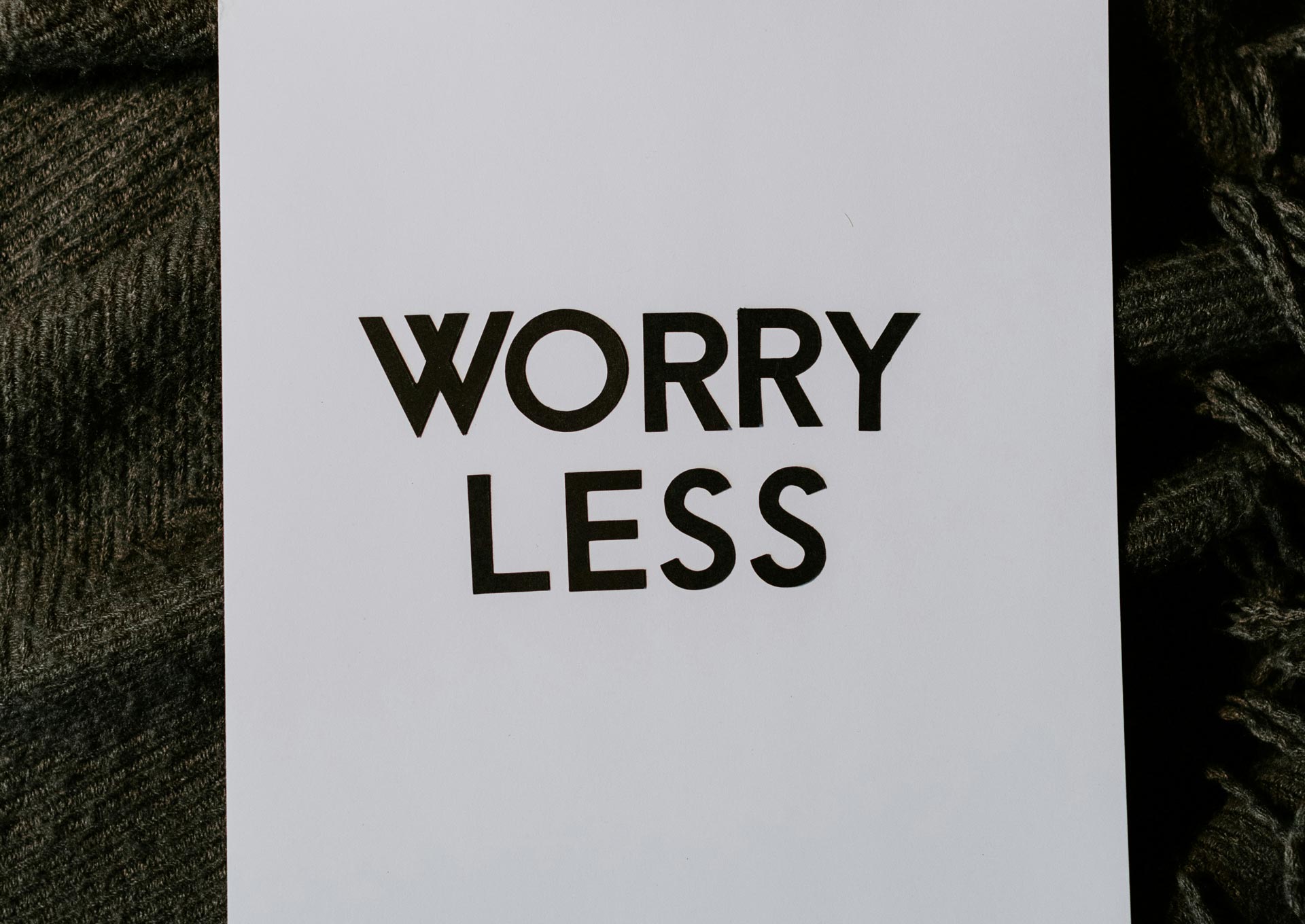Mother - a myth. Why we need a fresh perspective.
About the contradictory and often politicized views on motherhood and the unrealistic expectations placed on mothers.
Die ambivalente Bedeutung der Mutter.
Everyone has one. That’s what connects us all. And at the same time, views on mothers couldn’t be more charged and different. MOTHER is a political issue. MOTHER is something emotional. MOTHER is what we all need, want, miss or hate.
I love my mother very much. And I had an ambivalent relationship with her for a long time. I found her parts in my personality, my appearance, my habitus – and sometimes I was happy about it. But more often not. Today, I am proud of my heritage, and it has been a long journey of loving acceptance.
In every system, motherhood is politicized. It is instrumentalized. Sometimes to make women feel guilty, sometimes to carry out political maneuvers. Motherhood is withheld from some people – men, queers, infertile women or homosexual couples, for example. It then becomes a crown that is unctuously placed only on selected heads. Motherhood? Only women can do that, it’s logical. Logical?
When I think of motherhood, I think of...
What's the first thing you think of?
The Riefenstahl photo of a blonde, voluptuous woman with five children in tow pops up in my mind. I think: this mother role had a function for the regime, not to be underestimated.
Mothers are superhumans.
I was sitting in a group of women where one of them was talking about how badly she is being treated by her husband. He has been putting her down for many years. I felt sick listening to her. I wanted to know if she had had children. She said yes – three of them. Three births! This woman has brought three lives into the world and is letting her husband belittle her? I looked at her and expressed my admiration. Anyone who has the strength to go through three births doesn’t need to be belittled by anyone, I told her.
One thing unites all mothers – everyone else knows better what they want to and should be able to do. We all have opinions about mothers. “Mummy wars” is a term that describes how mothers devalue each other.
We need a fresh perspective.
Not every mother gave birth to children. And not every person who has given birth to a child is a mother.
Mothers are not allowed to make mistakes. They are superhumans who have everything under control and raise their children perfectly so that they become perfect people. It is a long, agonizing and seemingly never-ending tradition to blame the mother first when something is wrong with a person.
The much-vaunted culture of error has not yet arrived in motherhood. Dear mothers, dear fathers, dear people with children: have the courage to be imperfect.
Carolin Kebekus delivers her usual on-point summary of Insta-mothers. Yout can find it on Youtube in this playlist.
Need a substitute family?
My work is deliberately not aimed at mothers, fathers or parents. The traditional family is also a myth. People who have children in their lives are often reminded of the role they may or may not have. What unites us all is that we want to give the children we accompany a happy childhood (as much as possible). If you think back to the people who shaped you in a good way, they may not always have been your biological relatives.
In the book “Eiland” by Aldous Huxley, he describes a world in which children are raised by several elective parents. The relationship with many different adults is encouraged as beneficial for child and adolescent development. He describes the situation of a protagonist who, in conflict with her biological parents, moves into the home of her chosen parents. This eases the situation for everyone involved. The parents are not solely responsible, the child also has alternative options. I can still remember how often I wished I could move out during puberty…
When (mothers and) women are involved in peace processes, political agreements are more long-term and sustainable. This has now been scientifically proven. A shining example is “The Mother’s Call”, presented in this podcast by “Hope is a verb”. If you need hope and encouragement: listen to it. And share it further.
If you want to learn more about why the UN called for women to be at the negotiating table 30 years ago, you can start with this document.
About the author
Elisabeth Krista
Bleibe auf dem Laufenden!
Melde dich hier für meinen Newsletter an
Durch deine Anmeldung akzeptierst du die Datenschutzbestimmungen
Verwandte Beiträge
Blog Posts
Children often mix languages while playing: a phenomenon known in the literature as...
Erinnere dich an eine Person, die dich in deiner Kindheit ermutigt hat. In Teil 3 unserer Serie erfährst du, warum...
A single mother found new relief in her family life and was able to reduce the burden by delegating specific...
In a discussion panel on the topic of saying "no," various viewpoints and methods were explored, leading to practical...
Take heart. Easier said than done. How can you offer effective encouragement? In part 2 of the series on encouragement,...
A mother successfully transformed the constant arguing over tidying up into a cooperative solution through changes in...





